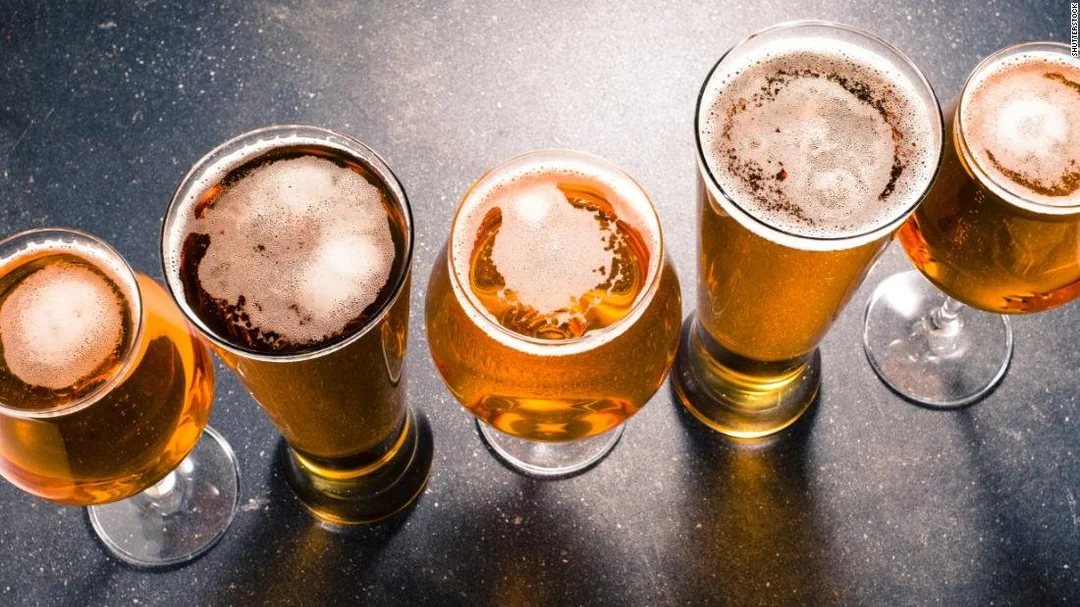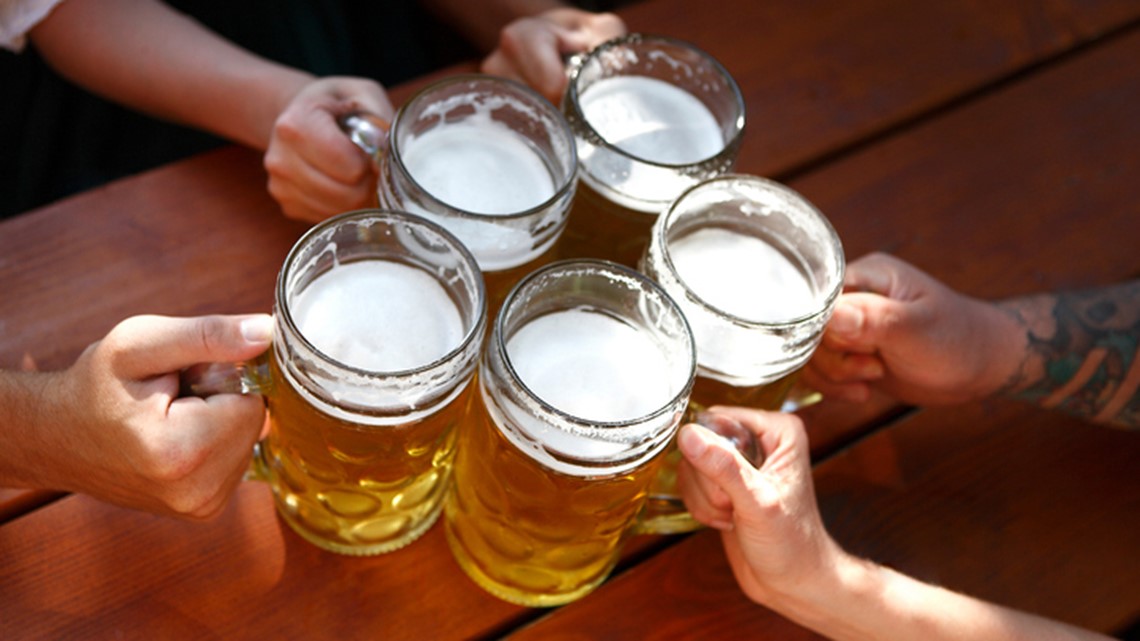The Covid-19 pandemic has had lasting effects on alcohol consumption in the United States, with a troubling continuation of stress-related drinking and alcohol-related deaths. Dr. Brian Lee, a liver specialist at the University of Southern California, had hoped that alcohol use would decrease post-pandemic. However, the reality has been far from optimistic, as he reports seeing a rise in liver failure patients linked to excessive alcohol use, a trend that has persisted beyond the height of the pandemic. This surge in alcohol-related health issues has remained a concern, despite initial expectations that alcohol use would decline.
Recent research led by Dr. Lee, published in the Annals of Internal Medicine, confirms a steady increase in alcohol consumption from 2020 to 2022. The study, which utilized data from the National Health Interview Survey, found that the percentage of Americans consuming alcohol rose from 66.3% in 2018 to 69.3% in 2022. This increase was observed across all demographic groups, including men, women, and different racial and ethnic categories. The rise in heavy drinking was particularly notable, with almost 6.3% of respondents in 2022 reporting heavy drinking, up from 5.1% in 2018.

Heavy drinking is defined by the National Institute on Alcohol Abuse and Alcoholism as consuming four or more drinks in a day for women, and five or more for men. While the increase in alcohol use is concerning, the causes behind this surge remain speculative. Dr. Lee suggests that disruptions caused by the pandemic, such as job losses, routine disruptions, and caregiving stress, may have driven people to use alcohol as a coping mechanism. This behavior, starting as a habit, can lead to addiction and substance abuse. Dr. Jagpreet Chhatwal of Massachusetts General Hospital concurs, noting that broader stress factors, such as financial instability and burnout, likely contributed to the rise in drinking.
The negative effects of increased alcohol consumption are significant. According to the CDC, alcohol-related deaths in the US spiked during the pandemic, with over 49,000 deaths in 2020 alone. This represents a sharp increase from previous years, with an alarming rise of 29% in alcohol-related deaths from 2016-2021. Dr. Lee emphasizes that while research on the issue is vital, it is no longer enough to simply document the problem. Immediate intervention is required to prevent further harm, especially as liver disease related to alcohol use continues to grow.
To address this public health crisis, experts suggest that stronger policies and public health interventions are necessary. Dr. Chhatwal advocates for measures like higher taxes on alcohol and limiting sales hours to reduce accessibility. Both he and Dr. Lee call for better public education about the risks of alcohol overconsumption, stressing that people need to understand the severe impact alcohol can have on their health. More open discussions between medical professionals and patients about alcohol use are essential, as excessive drinking is linked to over 200 diseases, including heart disease, cancer, and liver disease.
